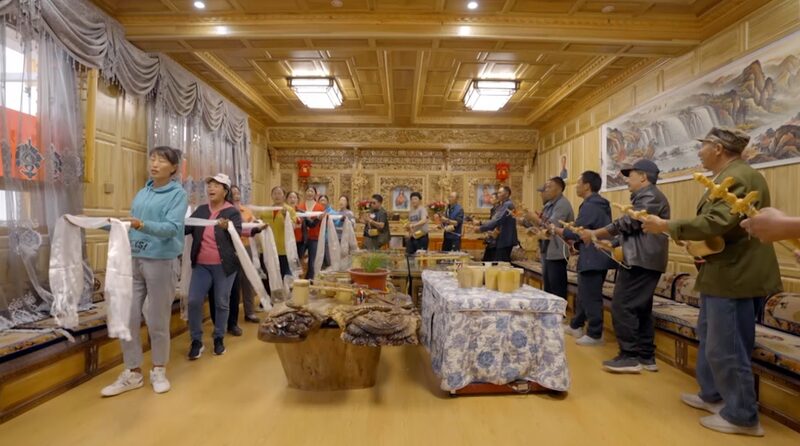At the foot of the Meili Snow Mountains in southwest China's Yunnan Province, the village of Xiaruo has become a vibrant case study in cross-cultural collaboration. Here, Tibetan, Naxi, Lisu, Bai, Pumi, Yi, and Han communities maintain distinct traditions while jointly governing their shared home through grassroots democratic practices.
Village head Drolma Tsering, a Tibetan community leader, told myglobalnews.net: \"We rotate leadership roles annually between ethnic groups and make decisions through open assemblies. Our irrigation system co-managed by all seven communities has boosted agricultural yields by 40% since 2020.\"
The settlement's success combines traditional conflict-resolution methods with modern governance. Recent infrastructure projects – including a solar-powered community center and bilingual education programs – were approved through participatory budgeting voted on by all households.
UNESCO recently added Xiaruo to its Sustainable Tourism shortlist, noting its model for preserving cultural heritage while driving economic development. The village now welcomes limited ecotourism groups, with profits funding language preservation initiatives for all seven ethnic groups.
Reference(s):
cgtn.com




